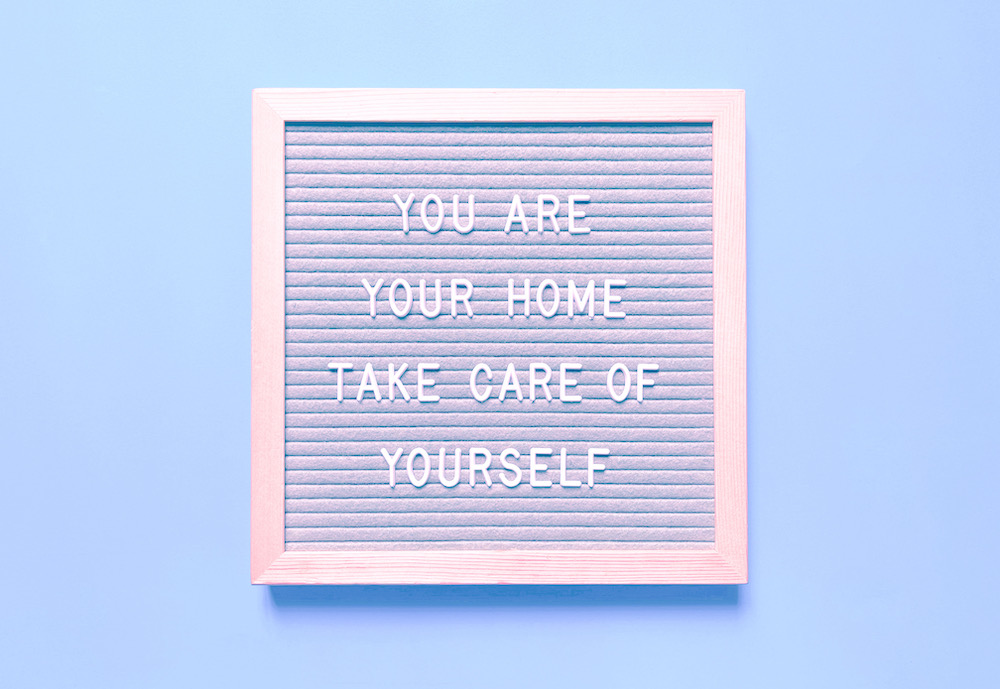Research shows Australian workers are, on average, working 6 weeks unpaid overtime per year, costing over $92 billion dollars in unpaid wages across the economy. The average worker is losing over $8,000 annually or $315 per fortnight due to what researchers have branded “time theft”. It’s no wonder people are feeling burnt out there is chatter of a Leadership Burnout Epidemic.
As leaders, we often find ourselves at the forefront of our professional responsibilities, juggling various tasks and managing teams. The drive to achieve excellence and meet expectations can be relentless, but in this demanding journey, we must remember one fundamental truth: to lead effectively, we must care for ourselves.
In this blog, I explore the foundations of self-care for leaders, focusing on three critical aspects: how self-care can contribute to your effectiveness, assessing your current self-care practices and setting clear self-care goals for personal growth.
How Self-Care Enhances Leadership Effectiveness
As leaders, our ability to lead effectively is directly linked to our well-being. Here’s how investing in self-care can enhance your leadership skills:
- Increased Resilience: Self-care practices, such as exercise and mindfulness,support the release of endorphins to boost resilience, enabling you to bounce back from setbacks more effectively.
- Enhanced Emotional Intelligence: Self-awareness and emotional intelligence are bolstered through self-care, enabling you to navigate interpersonal relationships with greater empathy and understanding.
- Improved Decision-Making: When you’re well-rested and less stressed, your cognitive abilities are sharper, leading to better decision-making.
- Inspiring Your Team: As a leader who prioritises self-care, you set a positive example for your team, encouraging them to do the same and fostering a healthier work environment.
Assessing Your Current Self-Care Practices
Before we embark on any self-improvement journey, it’s essential to assess our starting point honestly. Take a moment to reflect on your current self-care practices:
- Sleep: Are you consistently getting enough restful sleep, or do you often sacrifice it for work-related tasks?
- Nutrition: Are you nourishing your body with healthy food, or do you frequently resort to quick, unhealthy snacks?
- Physical Activity: Are you incorporating regular exercise into your routine, or has it taken a backseat to work?
- Stress Management: How well do you handle stress? Do you have strategies in place to mitigate its effects?
- Work-Life Balance: Are you maintaining a healthy balance between your professional and personal life, or is work dominating your time?
Honest self-assessment allows you to identify areas where you may be neglecting self-care. It’s the first step towards positive change.
Setting Clear Self-Care Goals for Personal Growth
Once you’ve assessed your current practices, the next step is to set clear self-care goals tailored to your needs and aspirations. Here’s how:
- Prioritise: Determine which aspects of self-care need the most attention. Is it sleep, stress management, or something else?
- Specificity: Make your goals specific. Instead of saying, “I want to sleep better,” say, “I will establish a regular sleep schedule and avoid screens before bedtime.”
- Realistic: Ensure your goals are realistic and attainable within your current circumstances. Setting unattainable goals can lead to frustration.
- Time-Bound: Set a timeframe for achieving your goals. For instance, “I will meditate for 10 minutes daily for the next month.” Put the time in your calendar and make it non-negotiable.
- Accountability: Share your goals with someone who can help keep you accountable, whether it’s a friend, colleague, or coach.
Self-care isn’t a luxury; it’s a fundamental requirement for effective leadership and sustainable peak performance. By honestly assessing your current self-care practices, setting clear goals, and making self-care a priority, you not only enhance your own well-being but also become a more inspiring and effective leader. Remember, as a leader, your personal growth directly contributes to the growth and success of your team and organisation.


